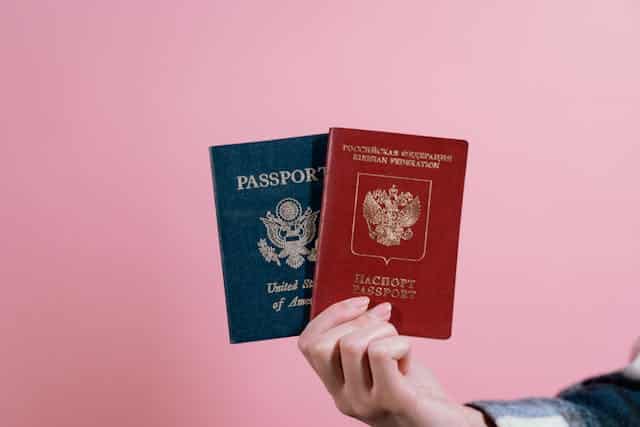PHARMACEUTICAL TRANSLATION AND REGULATORY COMPLIANCE IN EUROPE AND THE UNITED STATES.
WHAT ARE THE REGULATIONS THAT THE PHARMACEUTICAL INDUSTRY MUST COMPLY WITH IN EUROPE AND THE UNITED STATES?
Pharmaceutical translation plays a crucial role in the regulatory compliance of companies wishing to market drugs and medical devices in Europe and the United States. Both markets have strict regulations that demand the precise translation of a wide variety of documents to ensure patient safety and legal conformity.
Regulatory requirements in Europe

The European Medicines Agency (EMA) establishes clear rules for pharmaceutical documentation. Leaflets, labels, and manuals for medicines must be available in the official languages of the member countries of the European Union where they are marketed.
Key aspects of compliance in Europe:
Multilingual translation: The EMA requires that all information be accessible in all the official languages of the region.
Review by national authorities: Before approval, documents must be reviewed and validated by the regulatory bodies of each member country.
Cultural Adaptation: Translations must be adapted to the cultural context of each country to avoid confusion.
Regulatory Requirements in the United States
In the United States, the FDA requires that regulatory documents, labels, and drug leaflets be in English. However, to ensure the inclusion of Spanish-speaking communities, a translation into Spanish is also requested in certain cases.
Key Aspects of Compliance in the United States:
Precision in the English language: The main documentation must meet a high level of clarity and accuracy.
Documents in Spanish: In states with a high Spanish-speaking population, such as California and Texas, it is recommended to translate materials into Spanish to ensure patient understanding.
Expert review: The FDA thoroughly reviews all documents to ensure compliance with its regulations.
PHARMACEUTICAL TRANSLATION AND REGULATORY COMPLIANCE. BENEFITS:
Pharmaceutical translation decisively impacts regulatory compliance in Europe and the United States, so professional translation provides significant benefits for the pharmaceutical industry.
• Access to key markets: Ensures that pharmaceutical products can be marketed in two of the most important markets in the world.
• Legal risk reduction: Avoids sanctions and legal issues associated with incomplete or incorrect documentation.
• Consumer confidence: Documents translated correctly generate greater trust in patients and healthcare professionals.
When a translation does not comply with pharmaceutical industry regulations, the consequences can be severe and affect both patient safety and the companies’ performance in the market. We would like to highlight the main scenarios that a poor pharmaceutical translation could have for the industry:
1. Rejection or delay in product approval
Regulatory bodies, such as the EMA in Europe or the FDA in the United States, are strict about compliance with regulations related to documentation. If they detect errors in the translations of leaflets, labels, or manuals, they can reject the product approval application or require corrections that delay its launch. These delays can mean multimillion-dollar losses for pharmaceutical companies.
2. Legal and financial penalties
Non-compliance with regulations can lead to economic sanctions, including significant fines imposed by regulatory bodies. Furthermore, in some cases, companies may face legal lawsuits from consumers or institutions due to errors in the translated information that have caused harm.
When a translation does not comply with pharmaceutical industry regulations, the consequences can be severe and affect both patient safety and the companies’ performance in the market. Here are some possible scenarios:
3. Risks to patient safety
An incorrect translation can lead to the misuse of a medication or medical device, which can endanger the patient’s health. For example, a poorly translated instruction regarding dosage or side effects could result in serious adverse reactions. This not only affects patients but also damages the company’s reputation and generates mistrust in its products.
4. Product recalls
In extreme cases, errors in translation may force companies to recall products from the market. This not only implies direct economic losses but also costs associated with the logistics of withdrawal and the negative impact on the public perception of the brand.
5. Loss of market opportunities
An inadequate translation can hinder access to international markets, as products that do not comply with local regulations cannot be marketed. This limits the global expansion of the company and reduces its business opportunities in key regions.
6. Damage to the company’s reputation
Public perception and trust in a pharmaceutical brand are fundamental. A mistake in translations can significantly damage a company’s reputation, making it difficult to retain customers and attract new business partners.
Conclusion
Pharmaceutical translation and regulatory compliance in Europe and the United States are essential elements for the global expansion of any pharmaceutical company. Investing in accurate translations and trained professionals ensures commercial success and patient safety.


